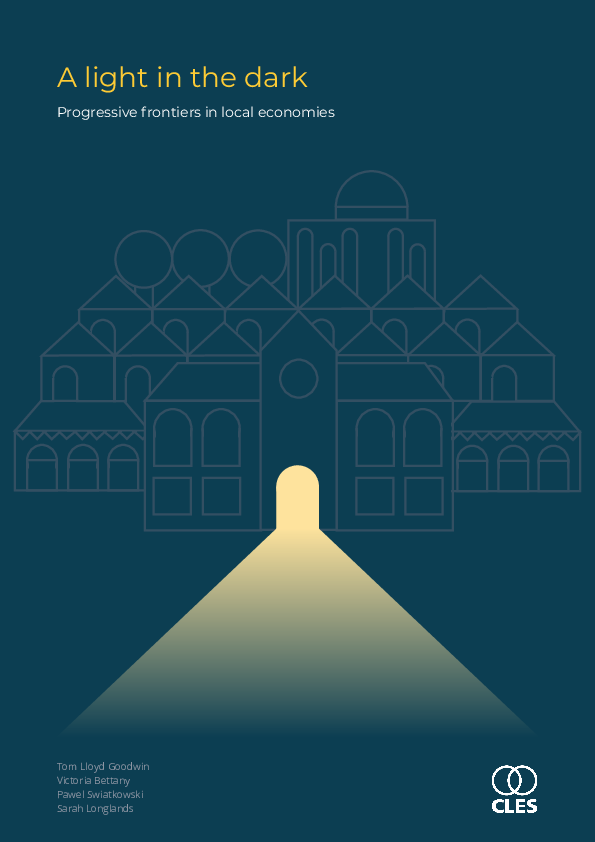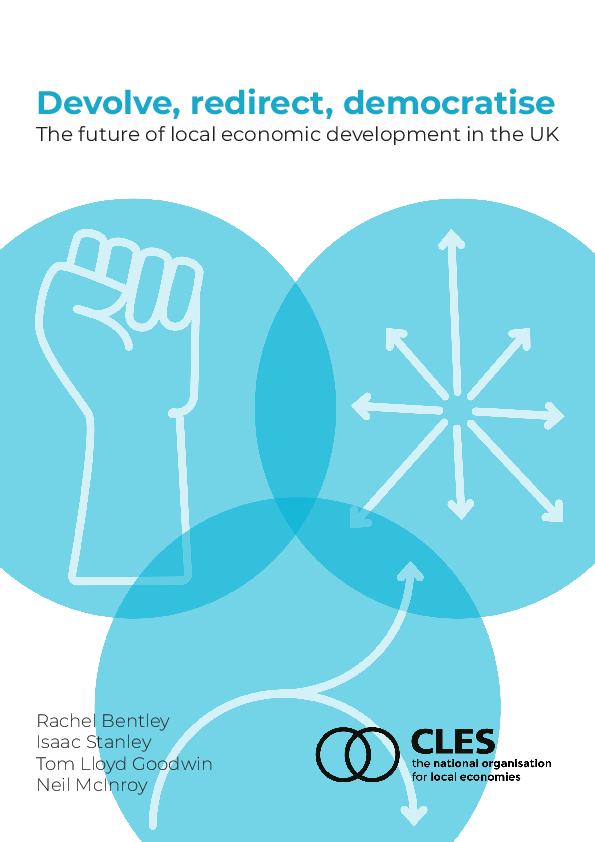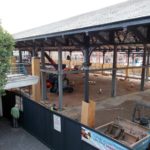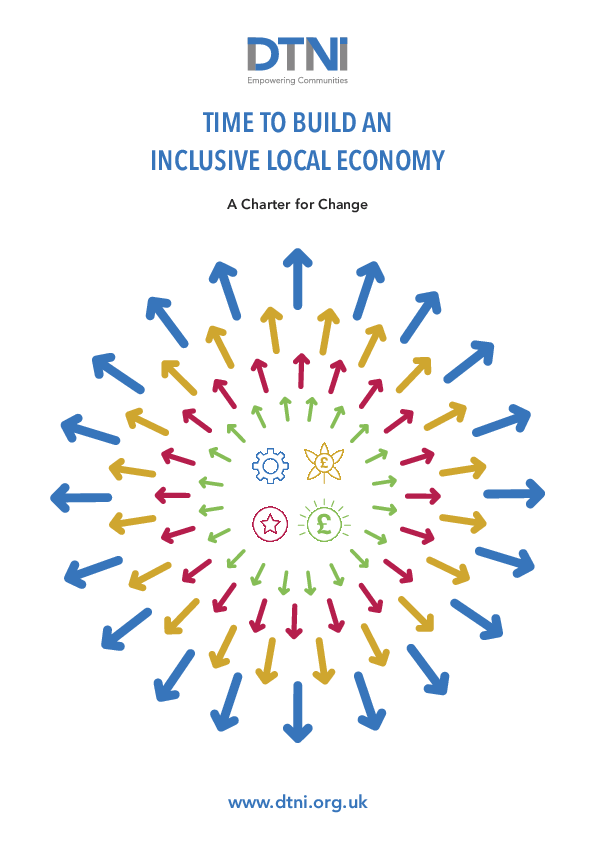Paint your town a rainbow
This article originally appeared in the MJ
Community wealth building is on the rise. As an intentional reorganisation of the local economy, to tackle inequality and disadvantage, it is needed now more than ever to address the significant challenges that are being felt so acutely in our homes and communities.
Dating back to the mid noughties, CLES’s work on aspects of community wealth building have developed into a powerful corrective to an economic model that has left too many people worse off, enriched the already wealthy few and propelled us further down the road to ecological disaster.
















